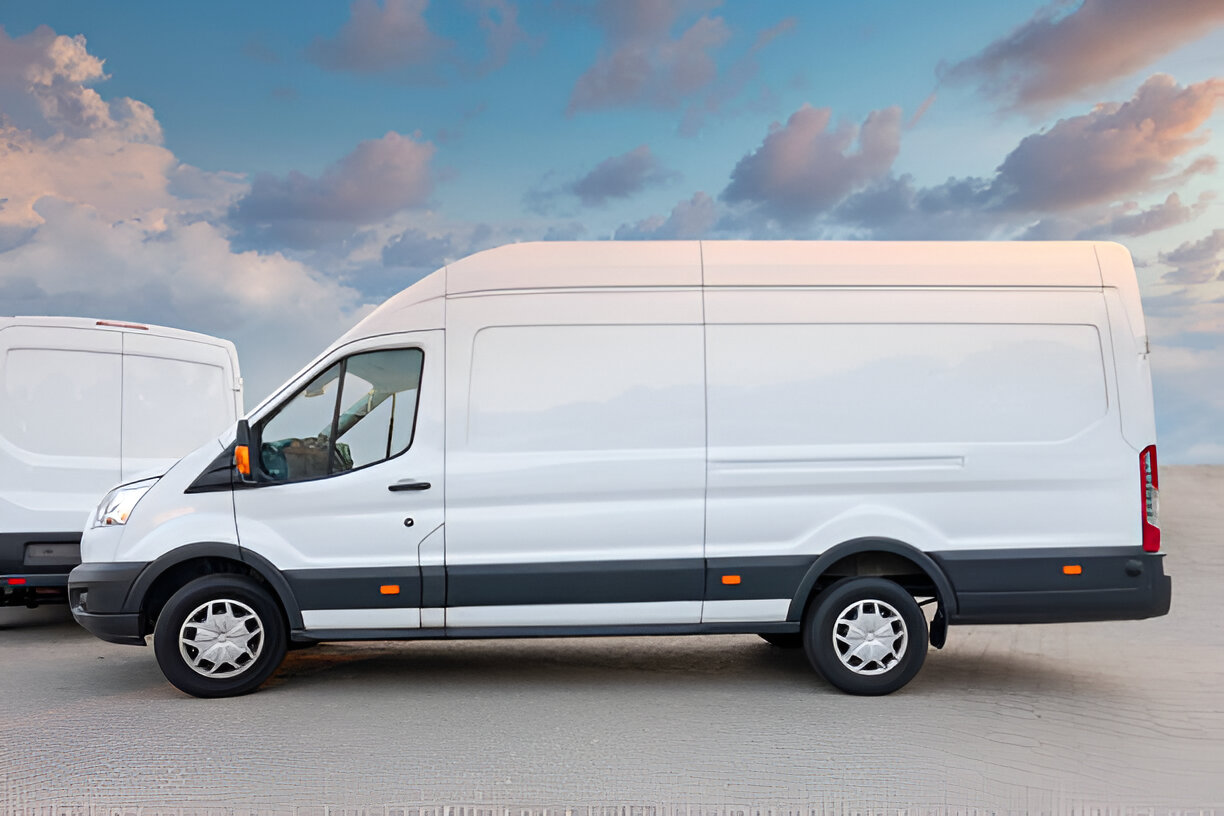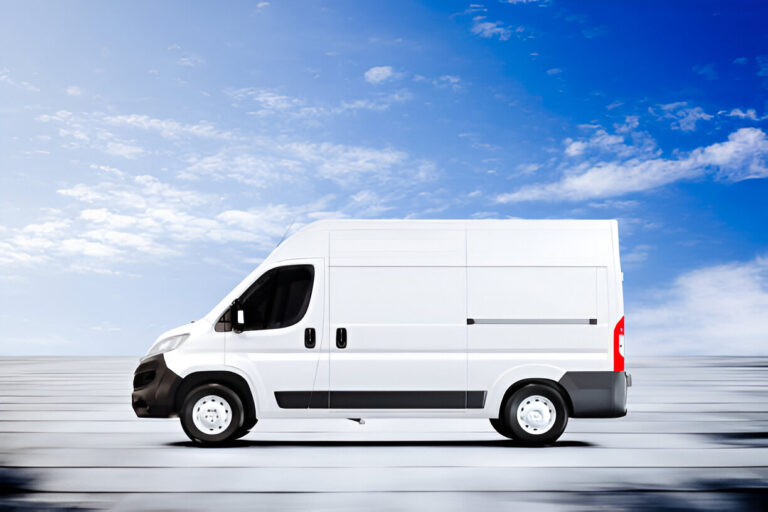Choosing the perfect van for your business is not just about today’s needs—it is about finding a vehicle that grows with you. Whether you are considering a Renault van lease for urban deliveries or need something larger for heavy loads, the right size impacts everything from fuel costs to productivity.
The commercial vehicle experts at Swiss Vans provide trusted guidance for business vehicle selection to companies throughout their network. The same approach is available for your business.
Understand Your Payload Needs
Payload—the maximum weight your van can safely carry—is the first critical factor. Overloading risks fines and safety hazards, while underutilizing space wastes money.
Consider common cargo weights:
- A Euro pallet (1200mm x 800mm)
- Bags of cement (25–50kg each)
- Sheets of MDF (~35kg)
People who regularly move substantial loads should choose medium or large vans for their transportation needs. For lighter loads, a compact Renault van leasing deal might suffice.
Evaluate Load Space and Accessibility
Cargo volume matters as much as weight. Ask the following questions:
- Do items require forklift access?
- Can side-loading systems help businesses improve space utilisation in restricted urban environments?
- Is temperature control (e.g., refrigerated vans) needed?
Renault’s Master van enables large-scale storage with 17m³ of available space perfect for transporting bulk items of low weight.

Passenger Requirements
What storage capacity do you need for transporting people along with personal travel in your new van? Crew vans, including Renault Trafic Crew, provide extra seating capacity while maintaining their usual cargo volume. Maximised load capacity becomes achievable when you drive solo because a single cab design is all you need.
Match Van Types to Your Work
- Panel vans (e.g., Renault Trafic): Versatile for trades and deliveries.
- Car-derived vans (e.g., Renault Kangoo): Fuel-efficient for light loads.
- Specialist vans: The business offers vehicle options, including Luton vans, refrigerated vehicles, and tippers, to meet specific business requirements.
Consider Wheelbase and Height
- Short wheelbase: Easier to manoeuvre (great for cities).
- Long wheelbase (L3): Extra cargo length (ideal for pallets).
- High roof (H2+): Standing room for tradespeople.
Multiple configuration setups are available when leasing a Renault van, but choosing the right configuration helps prevent unnecessary expenses for spaces that are not needed.
Future-Proof Your Choice
Think ahead – Will your business expand? A Renault Master purchase of a larger size at this time could prevent future replacement expenses. The lease duration should be kept short when you want flexible options.
Final Tips
- Test drives for vans are essential to confirm comfort when performing long-distance driving.
- Search for the most advantageous leasing terms that Renault offers for its vans.
- Work with experts from Swiss Vans to identify your specific needs, which will guide you toward the appropriate van choice.
The selection process of your van size requires considerations between expense rates and operational efficiency with useful characteristics. The right planning prior to your lease will establish a business movement strategy that avoids unnecessary spending.
Pro tip: Do not forget to verify clearance restrictions of your parking locations or depots before finalising your decision.


Comments are closed.